Surveillance systems
Protecting What Matters Most with Surveillance Systems
Surveillance systems play a crucial role in safeguarding homes, businesses, and public spaces by providing a vigilant eye on activities within their premises. These systems are designed to monitor, record, and in some cases, alert authorities, or designated individuals about any suspicious or unauthorized activities. With technological advancements, surveillance systems have evolved significantly, offering an array of features that cater to different security needs.
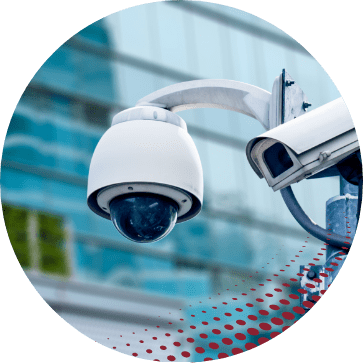
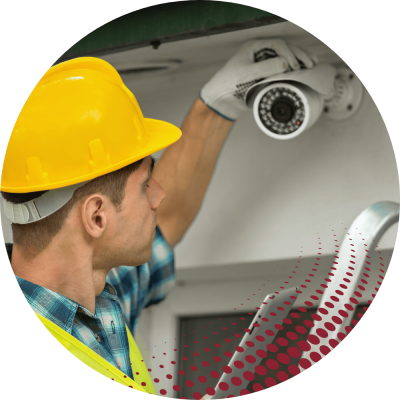
Types of Surveillance Systems
- Closed-Circuit Television (CCTV): CCTV systems are among the most common surveillance setups. They use video cameras to transmit signals to a specific set of monitors or recording devices. These can be analog or digital and are used for diverse purposes, including security, monitoring employees, and preventing theft.
- IP Cameras: Internet Protocol (IP) cameras are digital cameras that transmit data over an internet network. They offer high-quality images, remote accessibility, and advanced features such as motion detection, night vision, and two-way audio.
- Video Doorbells: Video doorbells combine a doorbell with a built-in camera, allowing homeowners to see and speak with visitors remotely via a smartphone app. These devices enhance residential security by providing real-time monitoring of the front door area.
- Outdoor Security Systems: These systems are designed specifically for outdoor surveillance. They often include weatherproof cameras, infrared capabilities for night vision, and sometimes advanced analytics for differentiating between animals, vehicles, and intruders.
Benefits of Surveillance Systems
- Crime Deterrence: Visible surveillance systems act as a deterrent, dissuading potential intruders and vandals from targeting properties.
- Remote Monitoring:Accessible through mobile devices, surveillance systems allow users to monitor their properties from anywhere at any time, providing peace of mind and prompt response in case of any suspicious activity.
- Gathering Evidence: In the unfortunate event of a security breach or criminal activity, footage from surveillance systems serves as critical evidence for investigations and legal proceedings.
- Workplace Productivity: In commercial settings, surveillance systems can promote productivity by discouraging time theft and inappropriate behavior.
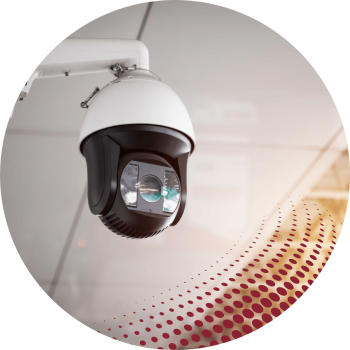
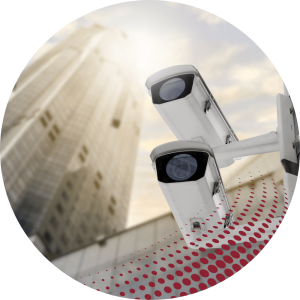
Considerations When Implementing Surveillance Systems
- Privacy Concerns: It's crucial to balance security with privacy concerns, ensuring that surveillance systems comply with local laws and regulations.
- Quality and Placement:The quality and positioning of cameras significantly impact the effectiveness of a surveillance system. Professional installation and calibration are vital for optimal performance.
- Cybersecurity: As surveillance systems are increasingly connected to the internet, ensuring their cybersecurity is essential to prevent hacking or unauthorized access to the footage.
Conclusion
Surveillance systems are indispensable tools in safeguarding properties and ensuring the safety of individuals. Whether for residential, commercial, or public use, these systems offer a layer of security that deters potential threats and provides valuable insights in the event of incidents. With continual advancements in technology, surveillance systems continue to evolve, offering more sophisticated features for enhanced security.
Get in touch with us to explore the right surveillance solution tailored to your specific needs and ensure comprehensive security for what matters most to you.

Ready to take your enterprise’s success to the next level?
Get in touch with our expert team to know how your business functions can be streamlined.
877-645-4100
32455 West 12 Mile Road, Unit 3061, Farmington Hills, Michigan, 48333.



